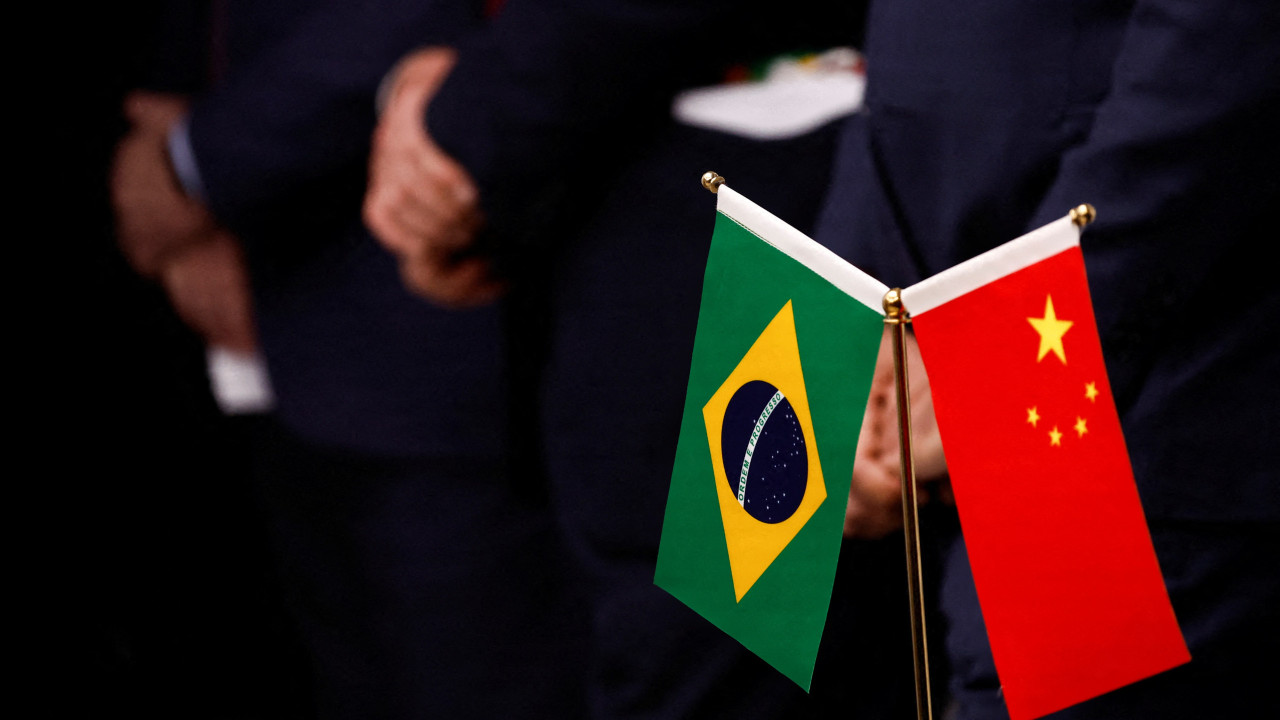“Bilateral relations are mainly dominated by sectors of the Brazilian right, due to the agribusiness, which they support internally. [Jair] Bolsonaro, but he maintains the contradiction: in the morning they make money from China, and at night, they criticize the “Chinese communists”. Fundação Getulio Vargas speaks to Lusa.
Lula da Silva's government coincided with a Brazilian Congress dominated by conservative right-wing forces, supported by agricultural and livestock groups, which maintain an explicitly anti-China ideological stance, despite being the main beneficiary of trade between the two countries.
“It is this sector that dominates and dominates the bilateral agenda, because the Brazilian left does not have a developed relationship with China. This naturally creates obstacles to the development of other agendas,” explained Evandro Carvalho, also a visiting scholar in Beijing.
In an interview with Lusa, the researcher acknowledged that there has been “some progress” in the relationship, since Luiz Inácio Lula da Silva returned to power, after a “very bad” period under Bolsonaro, who took power promising to leave. Reshape Brazilian foreign policy and relations, move closer to the United States and put decades of alliance with the emerging world into question.
“But I think the relationship is still below its potential,” he said.
Since 2009, China has become Brazil's main trading partner, with bilateral trade rising from $9 billion (€8.3 billion) in 2004 to $157.5 billion (€144 billion) in 2023. Brazil, in particular, plays an important role in China's food security, accounting for more than 20% of the Asian country's imports of agricultural and livestock products.
But Carvalho highlighted the “distance” Brasilia maintains from major Chinese foreign policy programs, including the Belt and Road Initiative, which Chinese leader Xi Jinping has described as the “project of the century.” Over the past decade, the Belt and Road Initiative has gained global reach, with more than 150 countries around the world joining the massive international infrastructure project, including almost all Latin American countries except Brazil, Colombia and Paraguay.
Chinese companies built ports, roads, railways, power plants and other infrastructure around the world in an effort to boost trade and economic growth. The program also boosted China's status as a leader and creditor among developing nations.
However, Brazil has only sent low-level diplomats to participate in the Beijing forums, in contrast to many of its neighboring countries, which have been represented by heads of state or government.
Another example, the academic said, is the Macau Forum, a multilateral mechanism promoted by China to boost economic and trade exchanges with Portuguese-speaking countries, where Brasilia is still “relatively little active.”
He pointed out that “Brazil maintains a certain distance from these projects, which it considers to have a strong Chinese brand.”
Evandro Carvalho said Brazil must develop the potential of the relationship to benefit beyond raw materials trade, through technology transfer in areas led by China, including renewable energy, electric vehicles or the digital economy.
He stressed that “China can be a tremendous partner for Brazil in developing its capabilities.”
Read also: Brazil and China together in ideological rapprochement and “economic dynamism”

Download our free app.
Consumer Choice for the 8th consecutive year for online journalism and Product of the Year 2024.
* Study by e Netsonda, November 10, 2023 Product of the Year – pt.com

